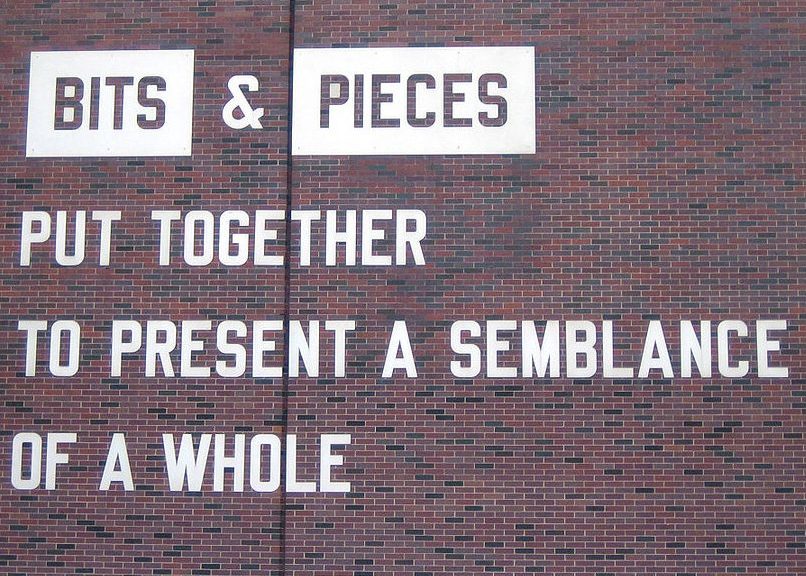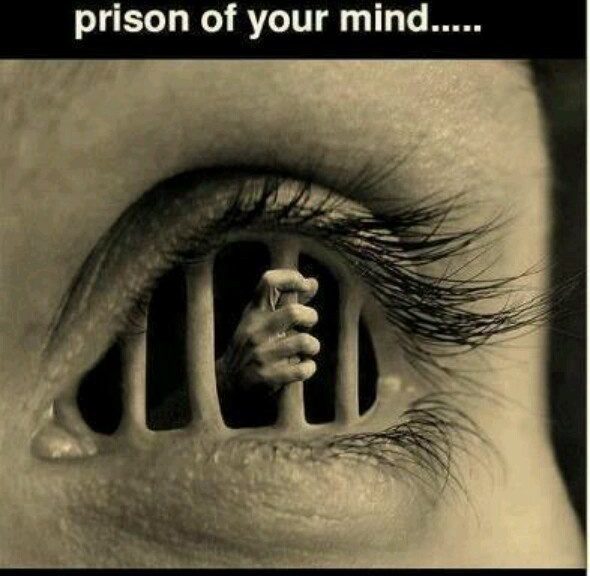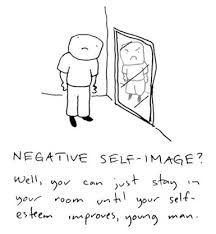What is motivation? It is the desire that moves… People say they are not motivated, but the truth is that every time you do something to fill a desire: sit down, watch tv, order a pizza… there is a motivation.
People like to say that they are not motivated, but what they are saying is that the action that is required of them has less power, less motive power than the fear accompanying it.
The truth is that every action that is taking you to an unknown, unpredictable area of life, future, is going to be accompanies with fear. Our reptilian brain makes sure of it.
Fear is our constant companion. As humans that got off the trees, were at the mercy of their fear to keep them alive. Every sort of danger was waiting them out there, and fear was a useful tool to keep them alive.
But, as you can see, humans used fear, instead of being paralyzed by them: they got out there and hunted, and gathered, and built shelters… and the ones that survived formed your ancestors.
The art is to consider fear and consider the danger, and then choose to move.
As long as fear is to be obeyed, for you, you are never going to amount to much, and you will live your life in quiet desperation, like billions of others.
I teach the art of looking, observing, considering and choosing. Look up my classes, my products, my coaching… because living a life of quiet desperation is a horrible excuse for a life.
Robert Kennedy once said, “Only those who dare to fail greatly can ever achieve greatly.” This profound statement may seem simple, but there is much more to it than meets the eye. This statement hints at the reality that motivation and fear can be closely linked.
It is common to fear failure. As humans, we do not like to lose. We do not like to be wrong. We do not like to be embarrassed. We do not like to be rejected.
And yet, the most successful people throughout history failed many times en route to their greatest achievements. Michael Jordan didn’t make his high school basketball team at first. Thomas Edison failed thousands of items in his attempts to make some of his greatest inventions. Christopher Columbus was rejected several times in his attempts to get approval for a voyage across seas.
Great success often requires failure, for failure teaches you how to do things better. Failure makes you wiser. Failure makes you better equipped to take on greater challenges.
But you must meet failure with respect. You must appreciate all that it holds within it. All the power within failure can be yours if you can see it beyond the surface.
Yet most people do not appreciate failure. In fact, failure repels most. Further, the fear of failure keeps many people from even attempting things at which they might not initially succeed.
If you want great things in life, you have to be willing to fail. And you have to be willing to fail many times over. Failure is a part of life. It is what makes us better. It is what makes us stronger. It
Read the rest of the article




